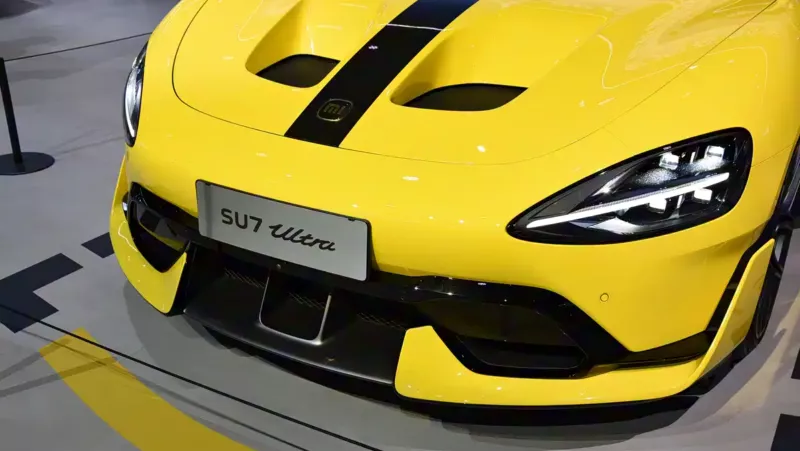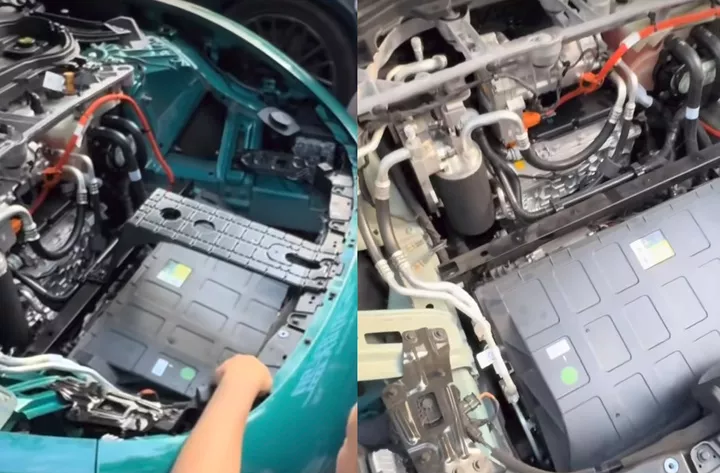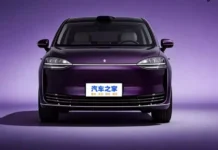Xiaomi Loses Lawsuit Over Misleading Carbon Hood Claims
While the SU7 and YU7 models are making waves in the electric vehicle market, Xiaomi finds itself entangled in a lawsuit dating back to mid-year, concerning the “fake” carbon hood on the SU7 Ultra variant.
Initially marketed as a genuine performance-enhancing feature, the hood was touted for its large air vents designed to improve heat dissipation. However, customers were left disappointed when it was revealed that the vents were purely decorative, offering no actual airflow benefits.

The carbon fiber hood, priced at 42,000 Chinese yuan, sparked controversy among buyers.
Upon discovering this discrepancy, an owner filed a lawsuit against Xiaomi for false advertising. The plaintiff claimed to have paid 42,000 Chinese yuan (approximately $5,800) for the carbon hood with dual air ducts. After disassembling the front of the vehicle, they found that the hood’s internal structure was nearly identical to the standard aluminum version, with only a slight weight difference.
Recently, the Suzhou Intermediate People’s Court in Jiangsu Province upheld the initial ruling in favor of the owner, dismissing Xiaomi’s appeal.
According to the verdict, the electric vehicle manufacturer and tech giant must refund the 20,000 Chinese yuan deposit ($2,800), pay compensation of 126,000 Chinese yuan ($17,640), and cover legal fees amounting to 10,000 Chinese yuan ($1,400).
Risk of Facing a New Wave of Lawsuits
While the compensation amount is modest compared to Xiaomi’s scale, the case serves as a costly reminder of the importance of customer trust.
Notably, this lawsuit was filed by an individual, not as a class action. However, following the ruling, approximately 300 other SU7 Ultra owners who purchased the carbon hood are considering filing similar complaints.

Disassembling the SU7 Ultra (left) with the carbon hood option reveals an internal structure nearly identical to the standard version (right).
In response to the backlash, Xiaomi issued an apology, clarifying that the carbon hood was intended solely for aesthetic purposes, designed to mimic the style of the record-breaking SU7 Ultra Prototype.
To appease customers, the company offered 20,000 Xiaomi reward points (equivalent to 2,000 Chinese yuan, or about $280) to each owner who purchased the hood. However, with the latest ruling, this gesture may not be enough to prevent further legal action.













































